
New real-time dashboard helps resolve live streaming issues
Live streaming is increasingly popular, not just for entertainment but for business use too. However, poor quality streaming with pauses and drop outs can rapidly lose you an audience.
Live streaming specialist Mux is aiming to address these problems with the launch of its new Real-Time Streaming Dashboard, designed to help video engineers and product managers detect live stream issues in real-time.

Shooting at Madden NFL 19 tournament leaves three dead
Three people have been killed and several injured in a shooting at a video game tournament in Jacksonville, Florida. A gunman shot two participants dead before killing himself at the event which was livestreamed on Twitch.
Police say that in addition to the three fatalities, eleven people were injured in the shooting. The shooter has been named as David Katz from Baltimore; he is said to have become angry after losing the tournament and pulled out a handgun.
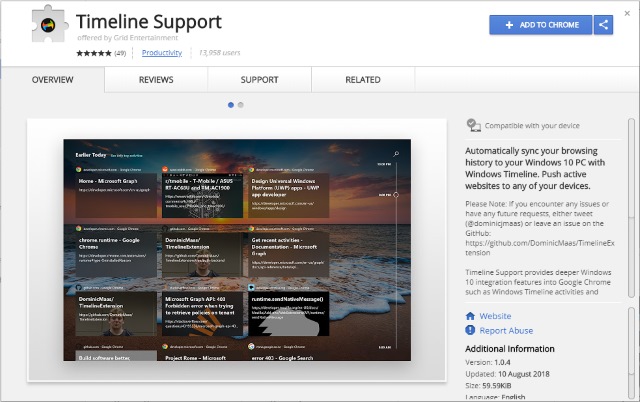
Banned Windows Timeline Support extension returns to the Chrome Web Store
We recently wrote about a browser extension which added Windows' Timeline support for Chrome and Firefox -- the aptly-named Windows Timeline Support.
While we loved the addon for making Windows 10's Timeline rather more useful, the use of the word "Windows" in its name meant that the extension was taken down due to copyright violation. Now it's back with a new name.
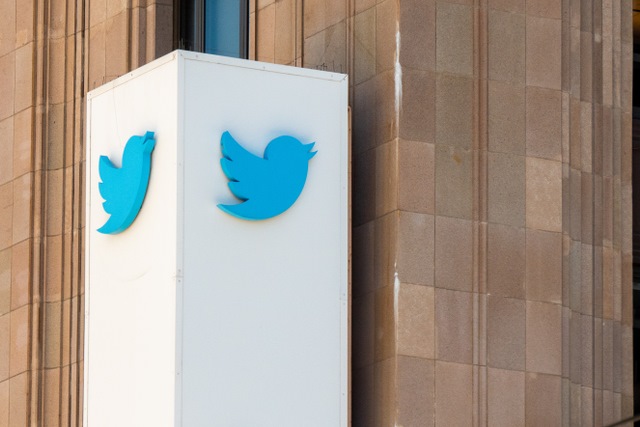
Twitter is not banning Alex Jones; Jack Dorsey explains why
Alex Jones and Infowars are being banned, suspended and removed from the internet left, right and center. But while YouTube, Facebook, Apple and others have come down hard on the right-wing conspiracy theorist for peddling hate speech, Twitter is standing by him.
Twitter founder Jack Dorsey has defended his company's decision not to follow the lead of its Silicon Valley counterparts, saying that Alex Jones "hasn't violated our rules". In a series of tweets, Dorsey explains that Twitter enforces its rules "impartially, regardless of political viewpoints".

BBC recommends using VPNs after HTTPS switch leaves it blocked in China
Since switching all of its sites to secure HTTPS rather than plain old HTTP, the BBC has found that it is completely blocked online in China.
The corporation has issued a statement recommending that people in the region looking to access its services should turn to either a VPN, or the censorship-busting app Psiphon.

Leaked report shows Google plans a censored search engine for China... but China says otherwise
A leaked document suggests that Google is planning on making a return to China, launching a censored version of its search engine to comply with strict Chinese laws.
Going by the codename of Dragonfly, the project has been in the works since 2017 and has led to the creation of China-specific Android apps with the internal testing names Maotai and Longfei. But while the documents and people familiar with the matter say that the launch date could be just six to nine months away, China says the reports are not true.

The internet reveals the peak time for ordering pizza
When is the most popular time for ordering pizza, Chinese food, or other forms of takeout? You might think there's no set answer, but it turns out that wherever you are in the world there’s a particular time when most people think about getting food.
Actually, that’s not completely true. There are two times.
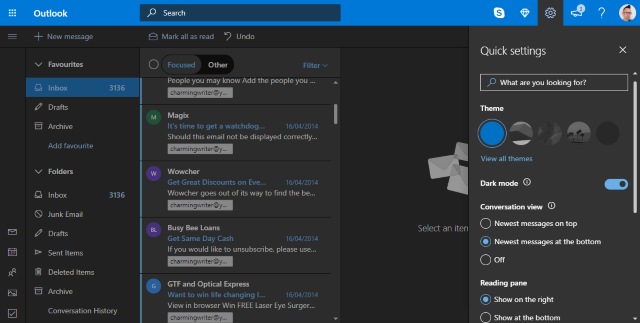
Microsoft adds Dark Mode to Outlook.com
There have been a number of sites and apps that have gained dark modes in the last year -- macOS and YouTube to name but two -- and Microsoft doesn't want to miss the trend. The company has heard the pleas of Outlook.com users and added a new Dark Mode option to its web-based email service.
The feature is one of the most frequently requested, and users got a preview of the new Dark Mode earlier in the month. Now it's rolling out to everyone, and Microsoft is using it as an excuse to try to push Outlook.com users to its Edge browser.
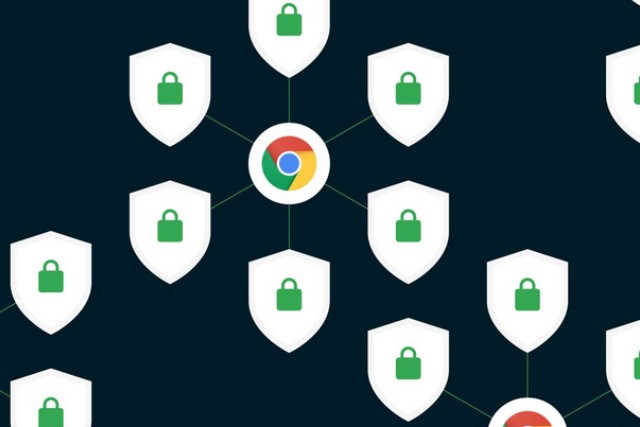
A terrifying number of big-name websites are not secure -- is yours?
There has been a long-standing movement trying to make the web a safer place. For some time, Google's Chrome browser has alerted people when they are visiting secure sites, but with the launch of Chrome 68, it instead warns when an insecure site is encountered.
As we warned just a couple of days ago, the latest update to Chrome means you're likely to see warnings about a lot of insecure sites -- and there are some big-name sites being shamed. Included on the non-HTTPS list are some of Google's own sites, the BBC, the Daily Mail and Fox News. And there are plenty of other recognizable offenders too, as Why No HTTPS? reveals.

Pulling back the curtain on the dark art of SEO [Q&A]
Search engine optimization (SEO), making sure that websites appear high in search results, can often seem like it exists in a sort of twilight zone somewhere between science and witchcraft.
So, how does SEO work? What can it do for your business? And if you do any business at all online, can you afford not to do it? We spoke to Chris Rodgers, the founder and CEO of SEO agency Colorado SEO Pros to get answers to these and other questions.

Brace yourself for a slew of security warnings from Chrome
Tomorrow -- Tuesday, 24 July -- sees the release of Chrome 68. Many people will regard this as just another browser update, but the release sees an important change to the way Chrome handles unencrypted websites.
The new way in which non-HTTPS sites are handled means that Chrome is going to start throwing up warning messages whenever an insecure site is encountered -- a reversal of the way things have been up until now.

How to edit tweets with Covfefe so you don't embarrass yourself on Twitter
Twitter: you either love it or hate it. Even if you're a Twitter lover, there's probably plenty you dislike about it! People have complained about tweets being too short, and Twitter fixed this. People complained about not being verified, and Twitter (temporarily, at least) opened up verification to everyone. People have complained about not being about to edit tweets -- and Twitter has done nothing about it.
But that's not to say someone hasn't been working on a solution. Using a new Chrome extension, you can effectively gain the ability to edit your tweets and save yourself the embarrassment of a typo in your timeline.

Google (sort of) redirects Duck.com to DuckDuckGo after complaints of anti-competitive behavior from its search rival
Google may have been slammed by Europe for using Android to dominate with its search engine, but this is not the only complaint that has been leveled at the company. Privacy-focused search rival DuckDuckGo has criticized Google for sending visitors to Duck.com to the Google search page.
Google owns Duck.com, but DuckDuckGo believes the company has been confusing users with the redirect. Now, following publicity of the issue, Google has relented and says it is introducing a new landing page that will give visitors to Duck.com the opportunity to jump to the DuckDuckGo search engine as well as other pages.
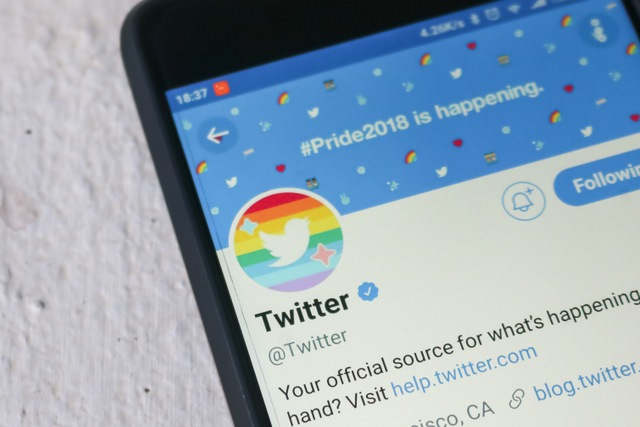
If you want to get verified on Twitter, you'll have to wait until after the US mid-terms
Attaining a blue tick of verification remains a goal for many Twitter users, but it remains elusive for most. It is quite some time since Twitter paused the option for anyone to request verification, and now the company has revealed that opening it back up is far from a priority.
The idea behind pausing the application process was to give the company the opportunity to work on fixing what was seen as a broken verification system. Product lead Kayvon Beykpour says that Twitter doesn't have the "bandwidth" to sort things out right now, and instead needs to concentrate on sorting out election integrity in the run-up to the US mid-term elections.

Ookla: T-Mobile is fastest mobile internet carrier in USA, Minneapolis is speediest city
Mobile internet speeds are blazing fast these days thanks to 4G LTE, and they are about to get even faster with the impending roll-out of 5G. Not all carriers are created equally, however. In a new study by Ookla -- of Speedtest.net fame -- it is discovered that T-Mobile offers the fastest mobile internet overall in the USA. As you can expect, Sprint is dead last.
Ookla didn't just rank carriers, but cities too. After all, speed can vary by location since performance can be impacted by number of towers, terrain, and other factors. Shockingly, the overall fastest city in the USA is not New York or Los Angeles, but Minneapolis -- located in the cold state of Minnesota.